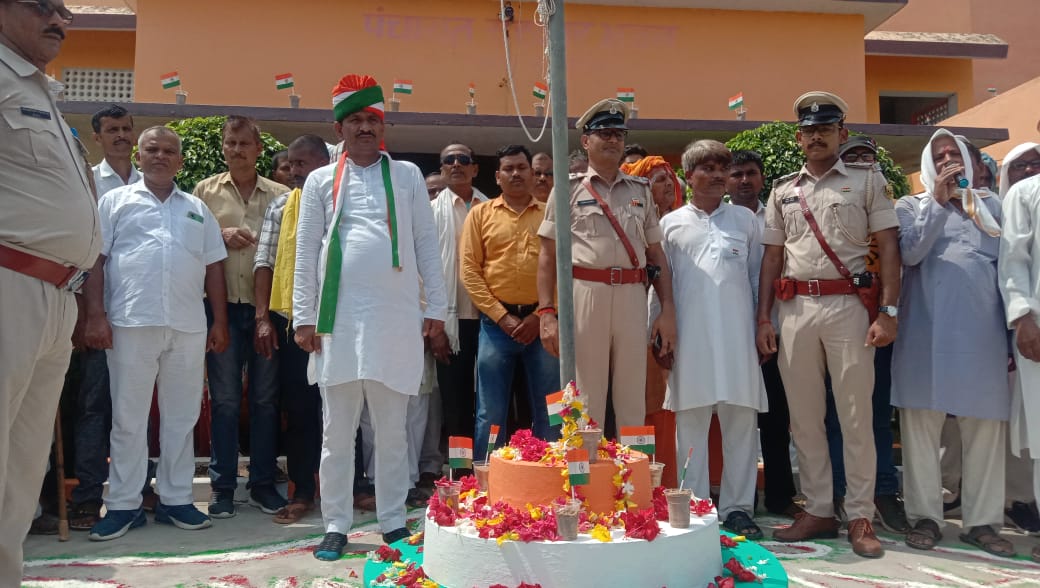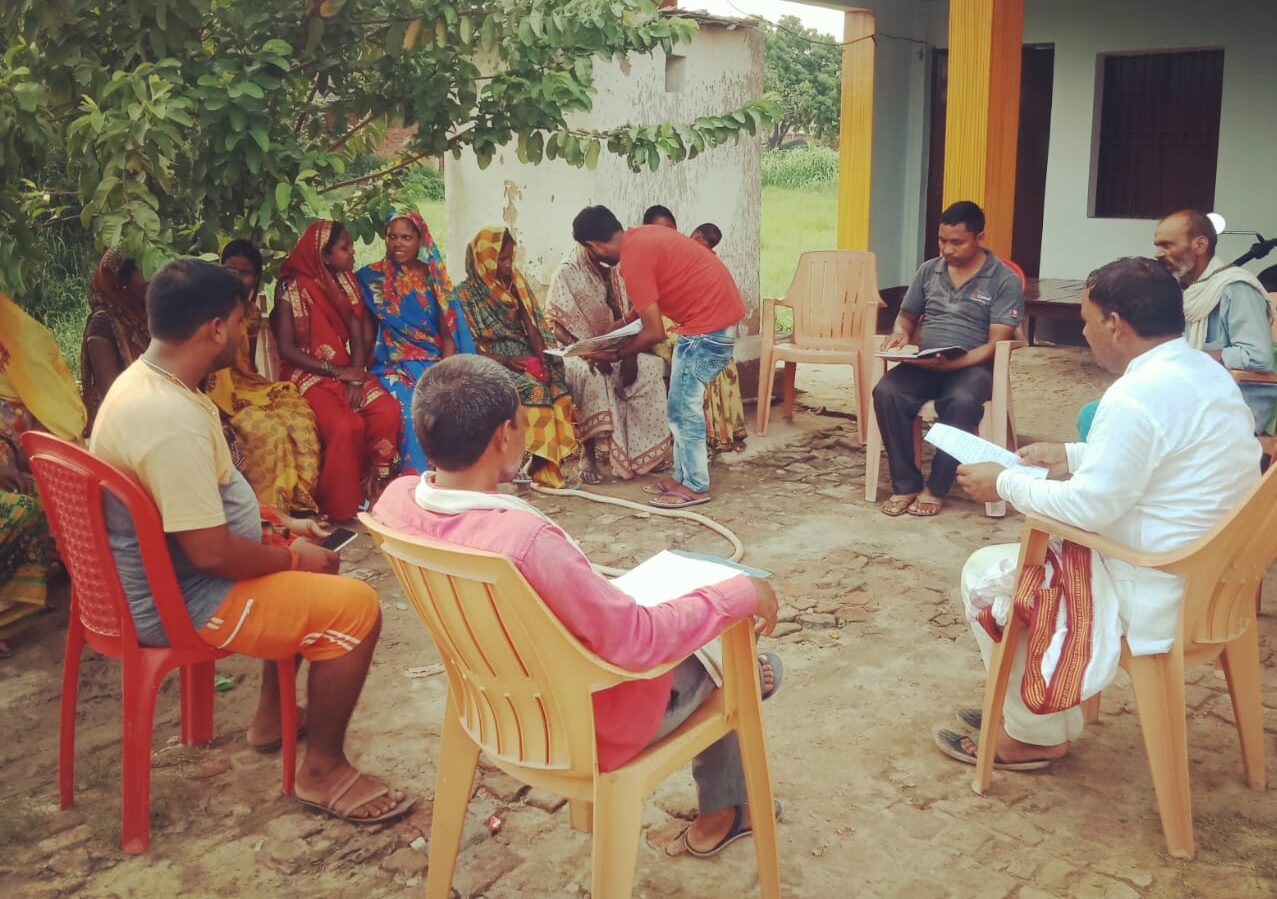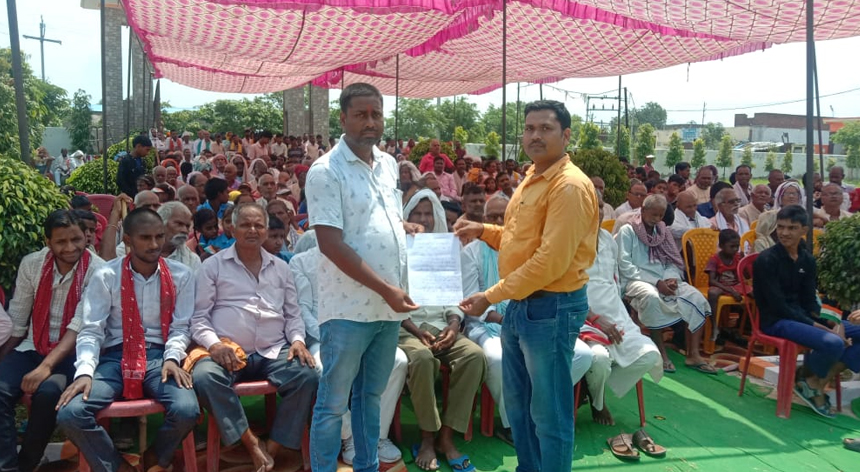The Mahadalit community in Bihar represents a historically marginalised and economically disadvantaged group, facing a multitude of challenges that hinder their social progress and well-being. Despite various government initiatives and affirmative actions, the community continues to grapple with significant obstacles that affect their quality of life and socio-economic development.
While there have been efforts to uplift the Mahadalit community in Bihar, their challenges persist due to deeply entrenched social and economic disparities. Addressing these challenges requires a comprehensive approach involving not only government initiatives but also changes in societal attitudes, improved access to education, healthcare, and economic opportunities, as well as targeted efforts to eradicate caste-based discrimination.
Exclusion practises within the Mahadalit community in the context of local governance are deeply rooted in historical, social, and economic dynamics. These practises often stem from traditional hierarchical structures, discrimination, and power imbalances that have marginalised the community. Exclusion can manifest in various ways within local governance processes, limiting the meaningful participation and representation of Mahadalits in decision-making and development activities.
Caritas India, along with her partners, is implementing Global Programme India in five districts of Bihar to increase resilience building, improve food security, and enhance social inclusion among marginalised communities. Global Programme India, under its Meso-Level Initiatives, builds intensive exchanges with organisations and groups of vulnerable and marginalised populations to overcome the barriers to accessing education, welfare, and development programmes.

On the country’s Independence Day, in many places, Gram Sabhas were organised with the participation of the Mahadalit community. The Gram Sabha meeting not only marked India’s Independence Day but also exemplified the essence of democratic participation. The meeting served as a platform for open dialogue and participatory decision-making. The Gram Sabha fosters a sense of ownership, accountability, and collective responsibility among community members. It serves as a catalyst for positive change, allowing the village to chart its path towards holistic development.
Prior to Gram Sabha, the global programme team organised community consultations (Ward Sabha) at the municipality level and facilitated meetings with the community to learn about their concerns. The team conducted awareness campaigns and engaged in dialogue within the community to build support and solidarity for their cause. The team used various communication channels, including individual dialogue with community members, ward members, and municipal representatives, to garner wider support and amplify their message. These interactions lead to the formation of alliances that transcend social barriers, fostering inclusion and integration.

Shahabad Parish Society, in coordination with Chandesh Panchayat, facilitated the Independence Day, followed by Gram Sabha at Panchayat Sarkar Bhawan. The Panchyat president, Mr. Jayprakash Rai, addressed the villages and shared the progress of various welfare schemes for the Panchayat. The Global Programme India team submitted an application to the Panchayat president regarding issues of homestead land allocation, education opportunities, health and nutrition care accessibility, and livelihood enhancement. On this occasion, more than 20 applications were submitted at the panchayat level.
The active participation of the Mahadalit community in the Gram Sabha meeting not only led to tangible outcomes but also fostered a sense of empowerment and social inclusion. By voicing their concerns and contributing to decision-making, the community members demonstrated their Involvement and importance in local governance.
The awareness campaign was an effort to empower Mahadalit community members by enhancing their understanding of the Gram Sabha’s role and significance. By promoting active participation and inclusive discussions, this campaign contributed to the overall effectiveness of local governance by ensuring that the voices of all community members, particularly those from marginalised backgrounds, are heard and valued.


Leave a Reply